7 Reasons For Computer Lagging And How To Fix Them

A laggy computer is a painfully familiar problem for the Windows users. Actually, Computer lagging always happens in Windows 7/8/10 while playing games or running high end processes.
If your Windows is not running as fast as it used to be, then there are a lot of ways to fix it. There could be many reasons for a laggy computer or PC. In a PC or Computer lagging can cause the various problems:
- Opening Programs Slowly
- Saving documents will take a longer time
- Screen Freezes
- Windows error message appears
- Delay in response
- Drivers will not work properly
- Decrease in internet speeds
- Poor Battery Life
- Graphics flicker and stutters
- Drop in FPS (Frame Rate Per Second)
Here in this blog, we have compiled 7 common reasons for computer lagging and solutions to fix them.
1. Outdated CPU:-
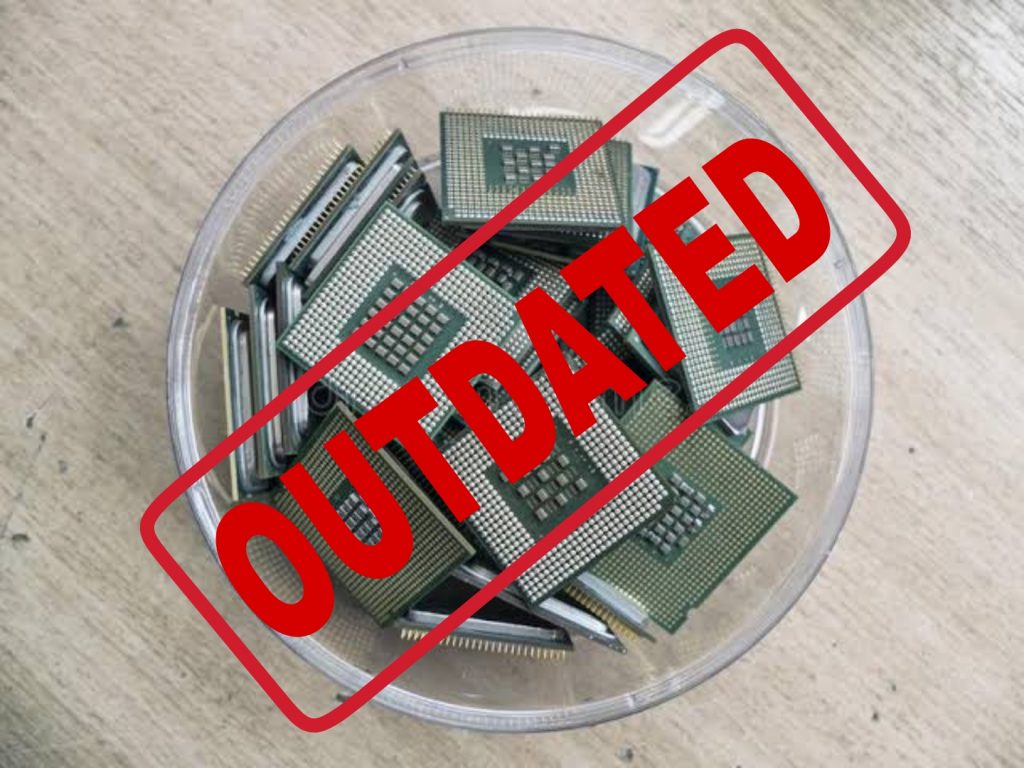
Overtime, newer processors are invented in order to catch up with the new softwares and hardwares. An older CPU can’t run the newer programs efficiently as it doesn’t have updated hardware changes.
However, with some software updates, it can run the programmes but not as efficiently as the newer CPUs. The old and overheated CPU can cause High CPU usage, which ultimately leads to lagging in your computer.Â
In order to fix this issue, you should regularly check your CPU performance by doing a CPU stress test. If you have a poor score in the performance test, then you should upgrade your CPU with a new or latest one.
2. Windows running on Old HDD:-
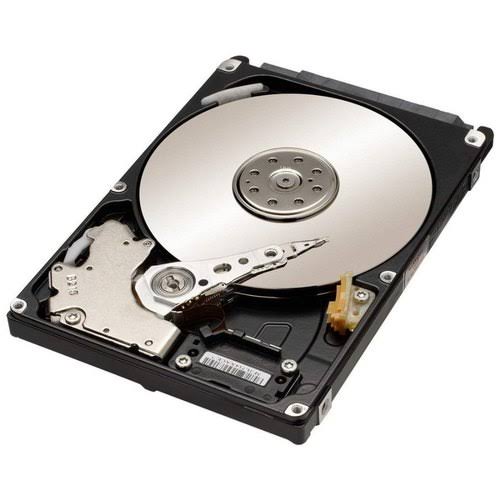
In order to run a PC or Computer, you will need storage. There are 2 types of storage available in the present days, i.e. HDD (Hard Disk) and SSD (Solid State Drive). HDDs are the older version of storage, which were mostly used in the laptops.
Now-a-days with the introduction of SSD, the processes and softwares are made according to it, which ultimately leads to the inefficient and laggy computer with a HDD in it.
In order to fix this problem, there is only one solution. Every PC, computer and laptop has an option for storage upgradation or storage swap. It is recommended that you replace your HDD with an SSD. SSDs are a lot faster and more efficient than HDDs.
Subscribe to Erip
Get the latest technology news, reviews, and opinions on tech products right into your inbox
3. Too Many Start-up Programmes:-
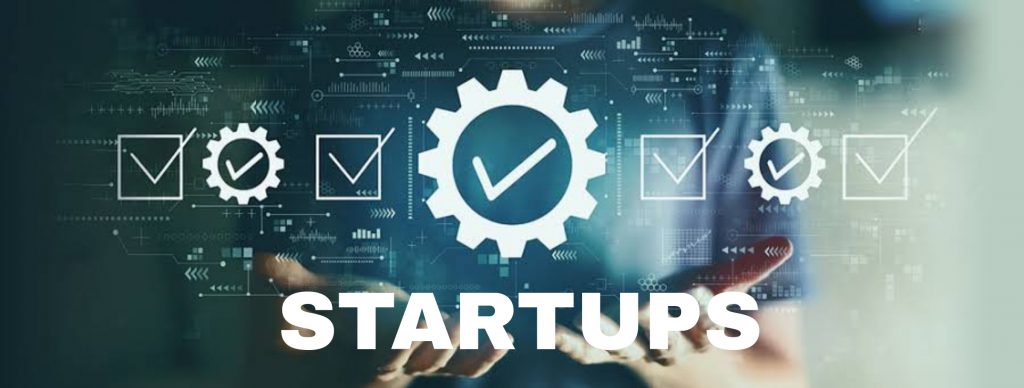
A PC or Computer has a limit for running multiple programs at a time. The multiple applications use RAM and Internal Storage. If you have too many start-up programs, then your PC will not get enough power to boot up properly or refresh itself, which ultimately results in a laggy experience.
In order to fix this problem, you should only enable the important programs for start-up, and disable the unnecessary programs. You can enable or disable it by going into Task Manager > Start-up.
4. Maxed Out Storage:-
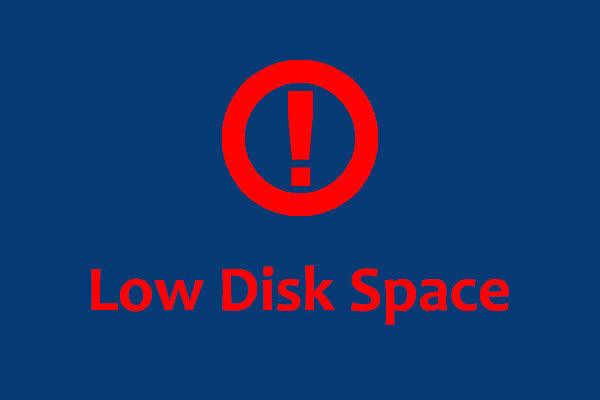
Every PC and Computer has limited storage space and it can be filled pretty easily. In order to run the windows animation and programs, some internal storage is used. So, if your HDD or SSD is maxed out, the processes can’t run due to the lack of storage space.Â
In order to fix this issue, you should clean up your HDD or SSD. It is recommended to always maintain 40% free space on the PC. Always empty the recycling bin, clean-up the disk and delete unwanted windows files.
5. PC Is Inflected With Malwares and Viruses:-
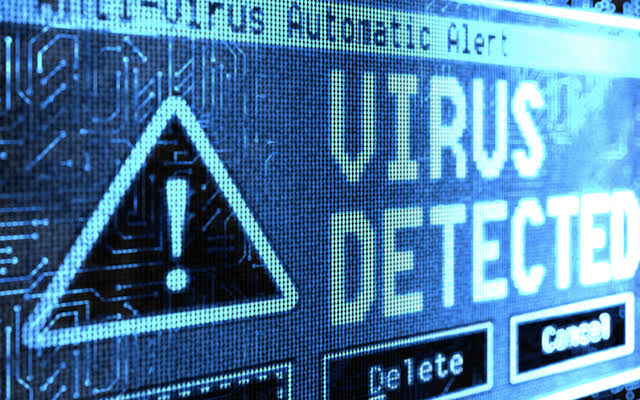
If you are seeing unnecessary pop-ups, notifications or unnecessary applications, programs are getting installed in your computer, then your computer is infected with malware or virus.
It is a common problem with windows, it allows unauthorised websites to download and install anything in your computer. However, windows does provide antivirus software for safety but it doesn’t work that effectively to keep all the viruses and malwares away from your computer.
In order to fix this problem, you should always turn on your windows antivirus. If not, you can spend some money and get yourself an antivirus software. There are also some free antivirus softwares which can do a pretty good job. Also, you shouldn’t visit unnecessary and unauthorised websites.
6. Insufficient Power Supply:-
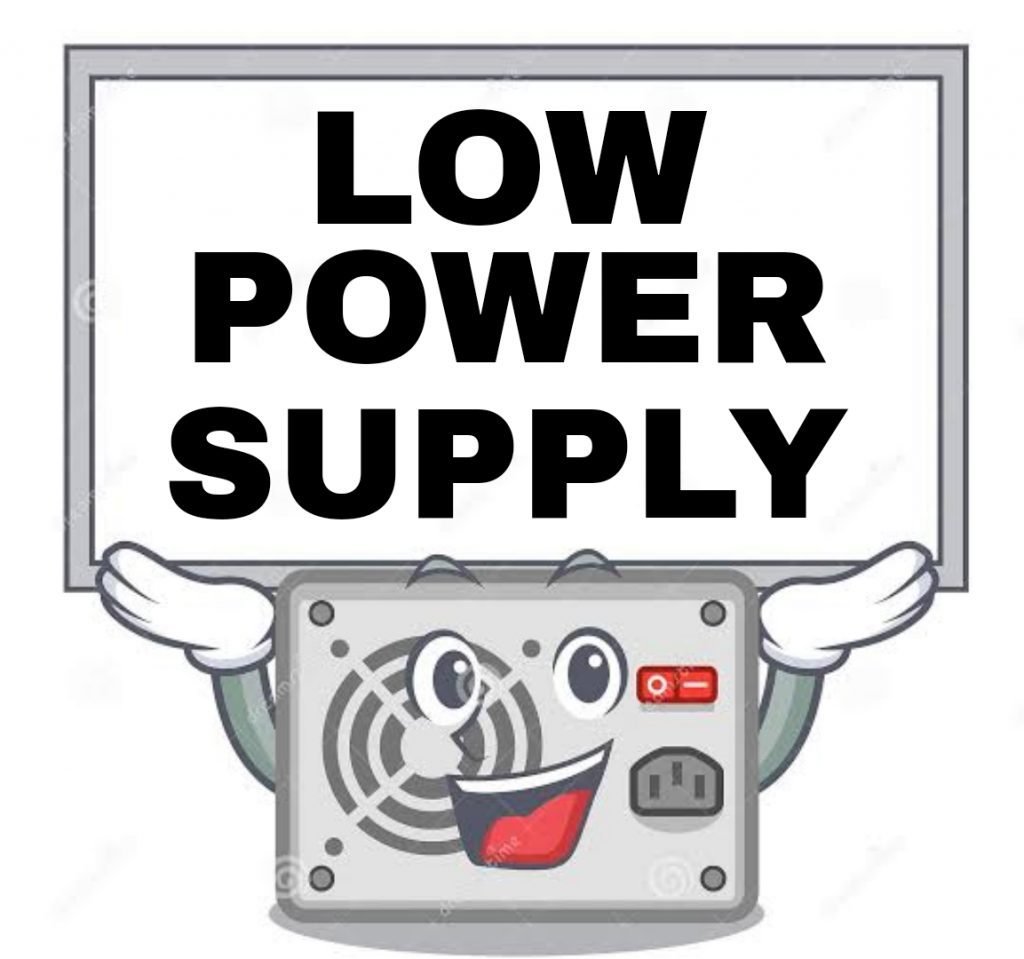
Unlike a laptop, PC and computer need power supply to boot and run. Just like an electric fan or bulb, the computer also runs slowly with a low power supply. It is rather an external problem than an internal one. You should always supply enough power to the computer to ensure efficiency and effectiveness.
In order to fix this problem, you should always check the power supply unit of your computer. If you have a poor power supply unit, then exchange or replace it with a new one or good one.
7. Outdated OS And Drivers:-

In order to make your computer faster and adaptive to the newer software, you need to regularly update your OS (Operating System) and Drivers. Most of the hardware and software issues often happen in Windows 7/8/10 due to the outdated drivers. Most of the time, these issues lead to the lagginess of your computer.
In order to fix this issue, always check for updates on your computer. Do turn on your automatic software update, which will automatically download and install a new software whenever it is available.
Conclusion:-
As we have come to the end of this blog, we hope that this blog helped you gain some knowledge about your computer and resolved your lagging issues. If you like to read blogs like these and stay updated or gain some knowledge, do visit our website “eRip Blogs“, where we post articles related to home appliances and personal gadgets on a regular basis.Â
Also do visit our official handle “eRip“, where we provide home repair services for your home appliances and personal gadgets. You can easily schedule a repair by visiting our website “eRip“, according to your convenience, and we will send an expert to your home to repair it.
- Tags: computer, computer lagging, Gadgets, laptop
Related News
What Makes Modern Online Casinos So Popular
What Makes Modern Online Casinos So Popular
What Makes Modern Online Casinos So Popular
What Makes Modern Online Casinos So Popular
Casino Bonus 50 Freispiele
Clickbet88 Casino No Deposit Bonus Codes For Free Spins 2026
unibet casino 2026 – verkkokasinoanalyysi ja käytettävyys
Black Jack Taktika
Beste Relax Slot
Juega Gratis A Penalty Shoot Out En Modo Demo
Never miss any important news. Subscribe to our newsletter.



